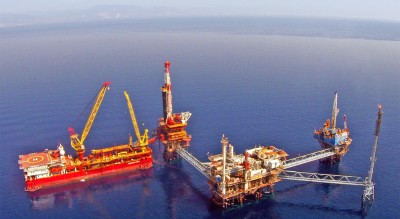News


CATEGORY: Environment, Environmental Policy & Institution
LOCATION: Greece
START/END: 1998
CONSULTANCY BUDGET: 36,750 €
CLIENT: ERM
ORIGIN OF FUNDING: EC - DG XVI
LDK’s BUDGET SHARE: 100
STAFF PROVIDED: 2%

Type of Services
Provided services included:
- consultation of project files held by DG XVI;
- analysis of projects;
- undertaking site visits for each success story;
- conducting structured interviews with the project sponsors and with authorities competent in Greece;
- reporting.
Description
The Cohesion Fund, aiming at strengthening economic and social cohesion, reducing of the backwardness of the least-favoured regions and helping recipient Member States meet the economic convergence criteria set by the EU Treaty, contributed financially to projects in the environmental sector and in transport infrastructure in the field of pan-European networks. Within the framework of the environmental dimension of projects carried out with the financial support of the Cohesion Fund, reports on the evaluation of the environmental dimension of projects part-financed under the Fund in each recipient Member State (namely: Spain, Greece, Ireland and Portugal) had to be commissioned. Each report had to illustrate the qualitative and quantitative contribution made by Cohesion Fund measures to realising the objectives laid down in the Community action programme on the environment and sustainable development.
LDK was responsible for the study of projects being carried out in Greece, and more specifically the analysis of 200 projects co-financed in the environmental and transport sectors and the compilation of a country report. The report was produced in full conformity with the reports concerning the other recipient states, illustrated by examples of 10 representative projects, which were considered as success stories. More specifically, the country reports examined how, apart from economic and social cohesion, financed projects have contributed to:
- provisions of Article 130r of the Treaty, realising the objectives laid down in the fifth Community Action Programme on the Environment in quantitative and qualitative terms;
- the application of the `polluter pays` principle;
- the promotion of sustainable development;
- the solution of critical environmental problems;
- the improvement of living conditions.
Regarding the selected projects, following information was provided :
- description of projects considered as success stories, the situation before and after the project was carried out and the technical solution used;
- analysis of project effectiveness in terms of environmental protection and improvement;
- examination of the available cost-benefit analysis, multi criteria analysis, or cost-effectiveness of each project.











